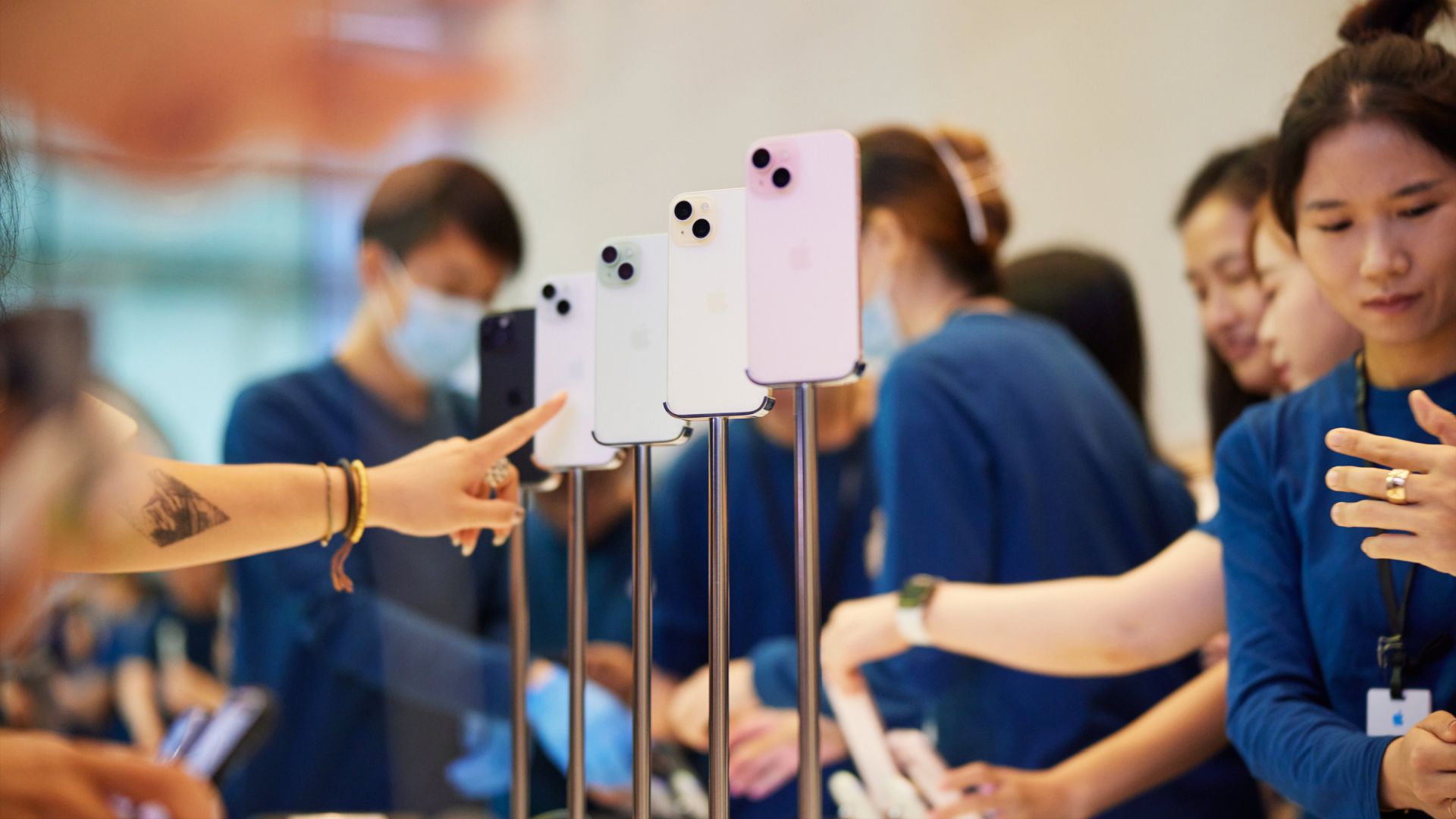
As Apple gets ready to launch the iPhone 16 and iPhone 16 Pro, a new report has Apple keen to change the way that it produces its biggest seller moving forward.
According to that report, Apple has tasked its supply chain partners with reducing the number of people involved in building the iPhone. The aim, we're told, is to reduce the reliance on people following a troublesome few years that saw Foxconn's Chinese factories closed as a result of COVID-19 lockdowns and riots over pay.
Now, it's thought that Apple has greenlit projects that would see new AI and automation used to reduce the need for people to be involved in the final assembly and testing of iPhones, potentially allowing companies like Foxconn to move more manufacturing capacity beyond China's borders as a result.
Down on China
Apple's intent to move production away from China is nothing new, but the removal of skilled workers from the iPhone production line could open the door to factories opening in less-skilled parts of the world. Beyond that, automation would simply allow Apple to more easily ensure production continues and, potentially, at a faster pace, even during COVID-19-like global events.
The Information reports that, following Foxconn riots, Apple’s senior vice president of operations, Sabih Khan, told managers to find a way to reduce iPhone assembly staff by as much as 50%.
"To accomplish that, Apple began greenlighting automation projects for its assembly lines that it had previously mothballed due to high up-front costs," the report explains, citing unnamed former Apple employees. "The efforts resulted in a significant amount of automation handling the final assembly for last year’s iPhone 15, according to three people involved in its manufacturing."
Steps taken include the purchase of DarwinAI, a company that "uses computer vision to inspect components like printed circuit boards for defects." Apple also reportedly bought Drishti, a Californian company that allows the analysis of video footage of assembly lines and then identifies potential performance improvements.
For iPhone buyers, the moves could allow Apple to produce more handsets more quickly, potentially making it easier to buy the iPhone they want, when they want to buy it.







